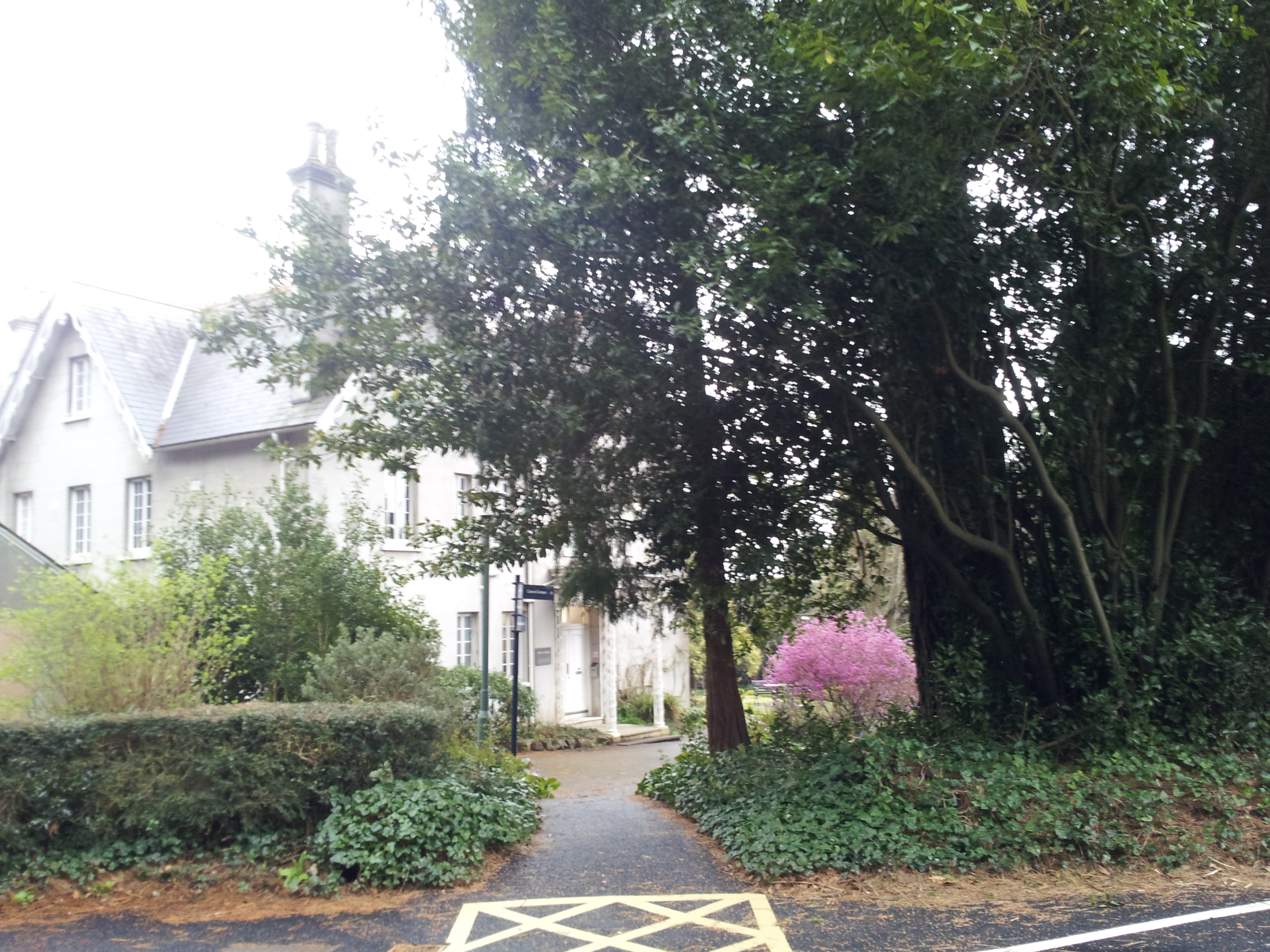Nace en Cartagena en 1989. En 2012 obtiene la Licenciatura en Filosofía por la Universidad de Murcia, obteniendo el Premio Extraordinario Fin de Carrera. A continuación cursa el máster en Filosofía Contemporánea y sus Presupuestos Históricos, en la Universidad de Murcia obteniendo el título de Máster en el año 2013. En el año 2011-2012 recibe una "Beca de Colaboración" con el departamento de Filosofía; y en el año 2013 recibe una "Beca de Iniciación a la Investigación" para colaborar en el Grupo de Investigación "E038-04 Ciencia Cognitiva". En el año 2014 obtiene una beca de la Fundación Séneca para realizar la tesis doctoral en la Universidad de Murcia. Posee comunicaciones en congresos nacionales e internacionales. Tiene conocimientos de inglés.
La tesis doctoral Cuestiones Contemporáneas de Metafísica de la Biología: Emergencia, Disposiciones y Persistencia en Organismos, estudia el debate sobre la posibilidad o imposibilidad de reducir las propiedades que los organismos presentan en un nivel superior (emergentes), tales como la vida, a partes y/o propiedades de las partes que constituyen a dicho organismo en un nivel inferior. Aunque desde la genética de Méndel (XIX) y con desarrollo inicial de la genómica (XX), se ha considerado que esta reducción es posible, lo que lleva a hablar de la emergencia como algo débil; tanto el descubrimiento del carácter sensible y moldeable de los genes a un determinado contexto (pleitropy), como de la necesidad de interacción de diversos genes para producir una determinada propiedad en el organismo (polygeny), parecen contrariarla. Este hecho ha llevado a defender la existencia de una emergencia fuerte en el campo de la biología, algo con lo que muchos filósofos, comprometidos con la tesis de la “Unidad de la Ciencia” y, por tanto, con la posibilidad de reducir toda propiedad dada en cualquier ciencia a la física (fisicalismo), no están de acuerdo. El objetivo de esta tesis es, por tanto, establecer si, al menos en biología, tiene sentido hablar de emergencia de fuerte o no. Para ello se van a desempeñar cuatro tareas principales: 1) análisis de las nociones de “emergencia” y “disposición”; 2) estudio de los principales argumentos elaborados tanto a favor como en contra del reduccionismo, y por tanto, de la emergencia fuerte; 3) estudio de la existencia o no de propiedades emergentes en organismos; y 4) elaboración de una noción de emergencia, compatible con la biología, en base a los resultados obtenidos en 3.
Filosofía de la Ciencia y la Tecnología
GI Ciencia Cognitiva
Director: María Cerezo Lallana
Programa Interuniversitario de Doctorado en Filosofía
01/02/2014 - 31/01/2018
En desarrollo
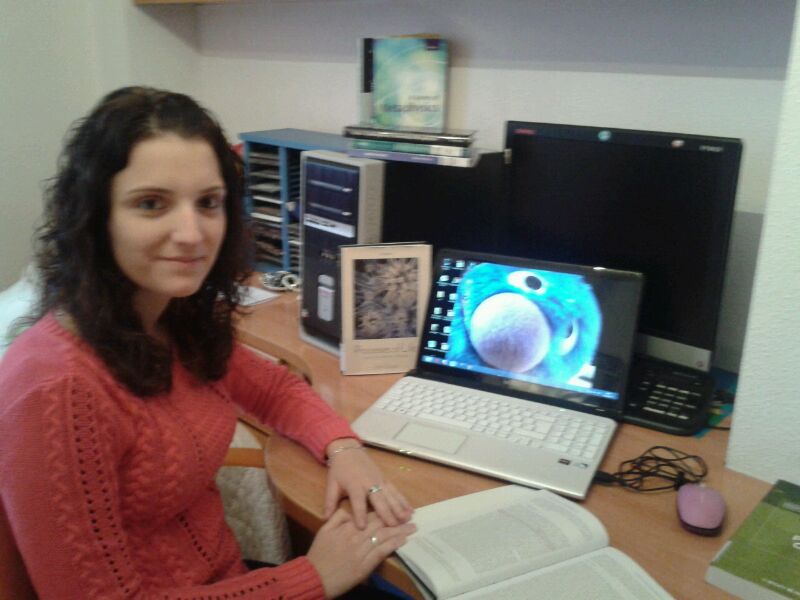
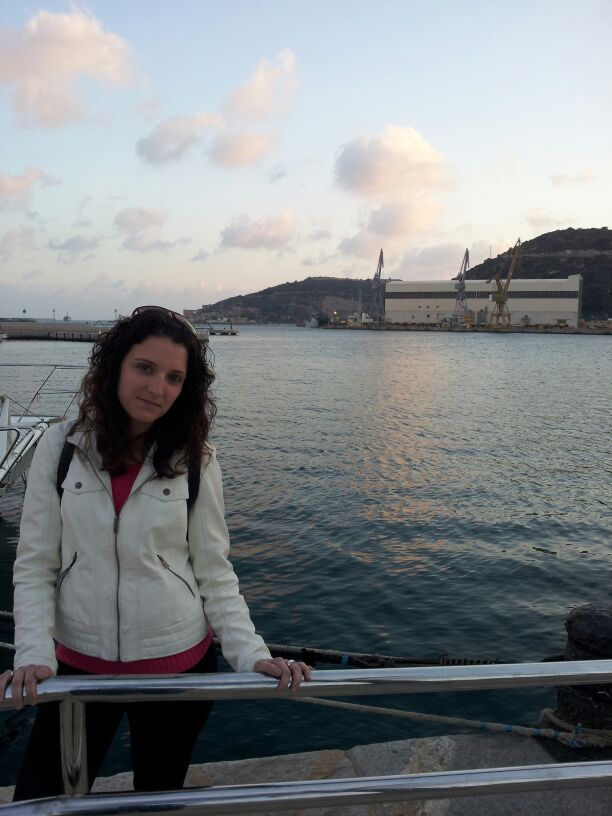
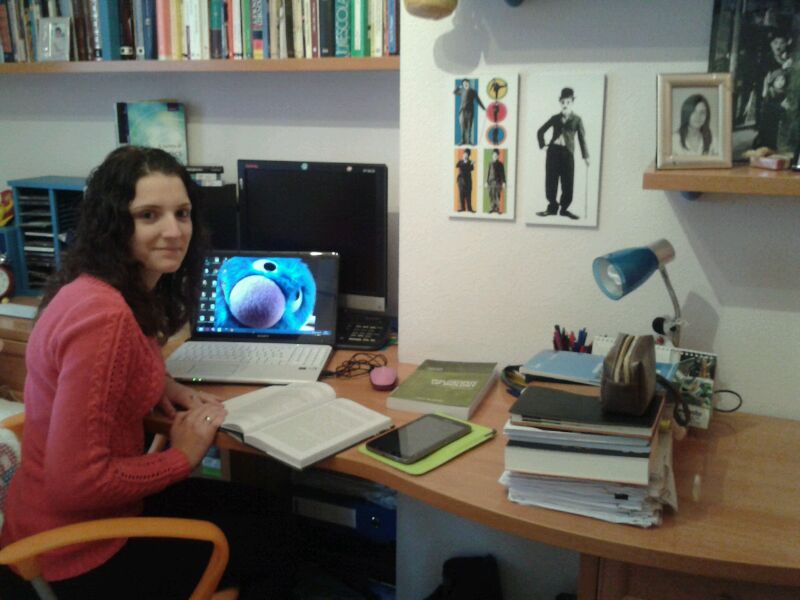
During the stay I will focus on some aspects of my PhD project. The general aim of my project consists on establishing associations between Metaphysics and Philosophy of Biology in order to see to what extent the debates developed in each particular field can be useful to clarify the debates developed in the other. In particular, I will try to show in what sense metaphysical concepts such as "emergence" and "dispositions" -among others- can be helpful to clarify the concepts of "fitness" and "evolvability" given in the field of Philosophy of Biology; and vice versa, that is, how the study of biological concepts such as fitness and evolvability can shed light on metaphysical debates such as the existence or not of emergent properties.
In order to do this, I will develop different tasks:
1) To study the way in which metaphysicians have defined concepts such as supervenience and emergence, clarifying the principal features associated to each of them and their problems.
2) To study the “dispositional theory of causation” proposed by Mumford and Anjum (2011) in which causal concepts in biology have been specifically considered.
3) To study and clarify different definitions and problems associated with the concepts of fitness and evolvability.
4) To attend and study the work of biologists and how they apply the concepts of fitness and evolvability in their respective branches of evolutionary biology and evo-devo.
5) To elaborate different drafts that summarize the main ideas obtained with respect to the consideration of fitness and evolvability as causal dispositions, and that could be presented in different seminars in order to receive feedback.
6) To elaborate a paper in which the final results obtain during the research project can be presented.
2015
During my stay I have been investigated in different topics, some of them are the following:
09/03/2015
08/07/2015
AUSTRIA
Konrad Lorenz Institute for Evolution and Cognition Research (KLI)
The KLI is a perfect center for working, improving and advancing in your own research. You recieve a lot of feedback and support for the rest of the fellows and the members working in it.
I chose this center because the members working in it are interested in questions related with philosophy of biology, and some of them are currently working on topics that I have to deal with in my PhD project, such as the notion of evolvability.
The acquired knowledge could originate a new line of investigation that has not been developed yet, and that I outlined as part of my PhD project, namely: Metaphysics of Biology. During my stay, I had the opportunity to see that all the members of the KLI agreed that some of the problems developed in Philosophy of Biology could have a better solution if studied from the metaphysical background. This way of proceding is new in the sense that most philosophers of biology are against metaphysics and therefore, against using it as part of their research project. Because of this, this new line of research I am proposing could be considered as a new and useful one.
Currently, the relation between both centers (the University of Murcia (particularly, the faculty of philosophy) and the KLI) does not exist, but it would be established very soon since various fellows I had the opportunity to meet there were interested in my work and the work of my project. In fact, my supervisor and I are preparing some "workshops" and "reading groups" that will start from September, and those fellows from the KLI are willing to participate in them.
The city is simply beautiful and it has a lot of places to visit and enjoy, for example, in Viena you can find the oldest zoo in Europe: "The Schönbrunn Zoo". I also had the opportunity to take part in different festivals that took place during my stay there, for instance, "The Wiener Stadfest". One of the good things that the city has is that it is very cheap and easy to travel around Vienna by public transport, such as trams, trains and buses, since all of them are very punctual and very well connected. Maybe, the thing that most caught my attention was that everywhere in the streets you can find people playing a violin. That was really amazing because you can feel the city and listen to it while working. The weather is most of the time cloudy, but somehow this is good, because it is more easy to walk around the city and the air is more fresh.
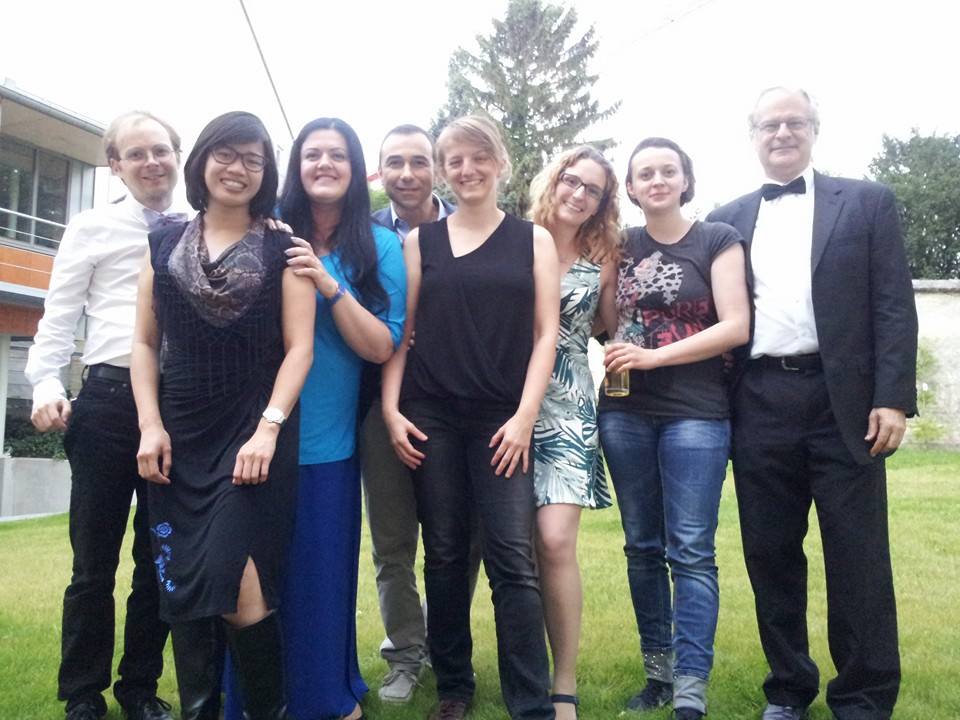
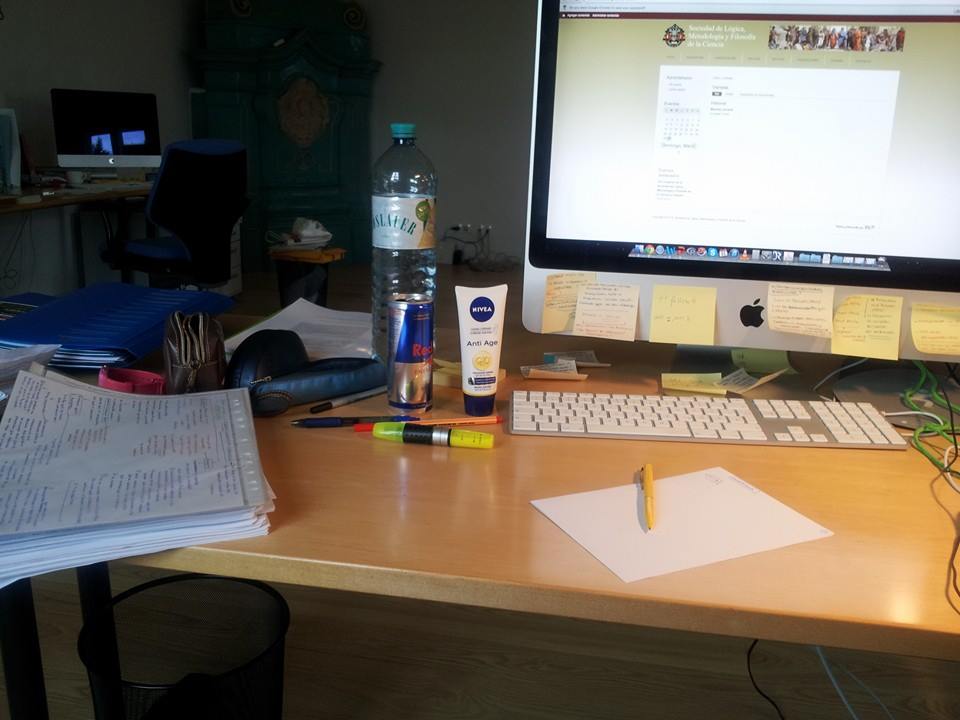
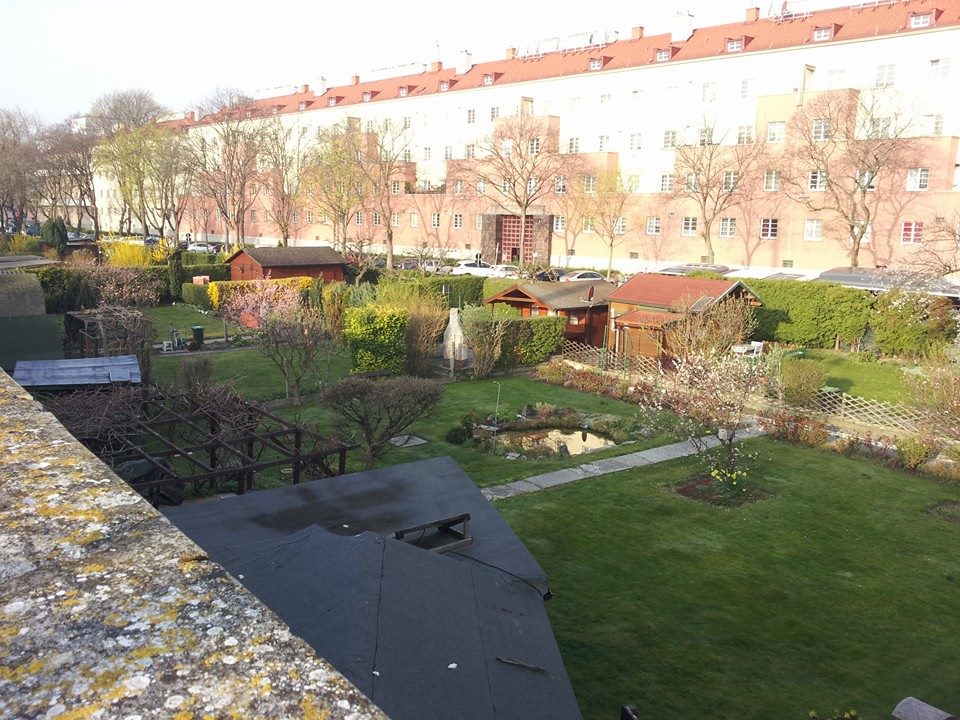


During my stay in Exeter I would like to focus on different task:
1) To study how biologists and philosophers of biology think about reductionism and the reductionist-antireductionist debate. The goal of this task consists on seeing whether fitness is irreducible or not and, if reducible, in what sense I can say that.
2) To study in what sense the reductionist-anti-reductionist debate is related to the thesis of determinism or not determinism. The goal of this task is to see whether fitness, in the sense I am proposing, is predictable or unpredictable. This is an important task and, in some sense, it is independent from the first one. The reason is that an emergent property could be unpredictable but reducible, on the one hand; or unpredictable and irreducible on the other. In the first case we are talking about “weak emergentism” whereas in the second we are talking about “strong emergentism”. I consider that it is important for my project to clarify whether I am considering fitness as a weak or as a strong emergent property.
3) To study the notion of "law" in biology and whether we can properly talk of biological laws. The goal of this task is to see whether fitness has proper laws that are not applied to the biochemical and physiological components of the organism. I consider that if fitness had proper laws then, it would have a particular causal power that could not be realized by the biochemical and physiological components of the organism.
4) To attend different seminars, reading groups…that will take in Exeter during my stay there.
5) To elaborate different drafts on an emergent characterization of fitness based on the previous studies (task 1, 2, and 3), to be presented in different seminars and conferences.
6) To elaborate a final paper on n.5.
The stay in Éxeter has been really helpful for my PhD dissertation since I have realized how the problem I am working on (the relation between metaphysics and biology) is related with other more specific problems in biology and philosophy of biology. Thus, the research group that is working in the Egenis is currently focus on studying and developing the notion of an ontology of processes in biology, and this refers directly with my thesis since thinking of whether biological entities should be studied as been sustances or processes is an important ontological question that has lots of consequences and implications. I have also had the opportunity to know more about biology and biological questions. Since my main formation is philosophical, it has been really useful to learn more about biology and how biologists approach to their problems. In this line, I have been able to improve my notion of fitness by realizing of the biological implications and questions that my proposal generates.
2016
During my research stay I have been working on different topics and issues that are important for my PhD Thesis, some of them are the following: 1. I have been studied the notion of fitness and tried to the justify its emergent character. This has been the topic on which I have spent more time due to the fact that my supervisor there has a wide knowledge with respect to fitness, the different accounts that have been offered to defined it as well as the problems that each account has. During my stay there, my supervisor helped me to better defined my account of fitness as a causal disposition as well as to develop better arguments in which its emergent character can be shown. 2. During my research stay in the Egenis I have also worked on developing a definition of "metaphysics of biology". The reason for working in this definition is based on the fact that my dissertation is part of a bigger research project that is focused on studying the interaction between metaphysics and biology and philosophy of biology. And finally, 3. Since my account of fitness is constantly appealing to biological functions, my supervisor in the Egenis recommended that I should clarify in what sense I am understanding this concept. Because of that, I have gathered and studied the main references with respect to biological functions. By doing so, I have been able to offer an initial form in which biological functions can be understood in my account of fitness, namely: "the function of an item is the effect, goal or consequence of that item insofar as it contributes (either positively and/or negatively) to the manifestation of fitness in the organism (understanding fitness as a causal disposition, i.e., as a higher-level property of the organism that allows him/her to survive and reproduce in a particular environment and population)". It has also been another topic on which I have been working on during my research stay in the Egenis although it is still in its very beggining, namely, the notion of grounding. With respect to this topic, I have been working on analysing the implications and consequences that can be followed by claiming that dispositions are grounded. The reason why I have paid attention to this problem is based on the fact that "grounding" is a new concept employed by metaphysicians to talk about ontological dependence. My aim in this respect is to study whether the kind of dependence that exists between the biological functions that characterize and organism and his/her fitness is one of grounding or not.
15/02/2016
14/06/2016
REINO UNIDO
Egenis, the Centre for the Study of Life Sciences
The Egenis is a really good place to catch up with the last problems, questions and advances in biology and philosophy of biology.
I chose this center because its director is Professor John Duprè, whose books, papers and works are really cited by biologists and philosophers of biology. John Duprè is a philosopher of biology that studies the metaphysical implications that can be derived from some biological problems and questions. He knows a lot about biology, which has been really nice for me since my main formation is in philosophy. Furthermore, he has also worked in studying emergentism in biology and he is an important advocate of antireductionism in biology, which is the main idea I want to argue for and defend in my dissertation by appealing to the notion of "emergence".
There already exists a relation between the group of investigation I am part of and the Egenis and the group of investigation supervised by Duprè. The reason is that both groups are studying the metaphysical aspects and implications of some biological problems. There are not much more groups of investigation that are really interested in this kind of questions so the interaction between these two groups is a really important one.
Éxeter is a really nice city. It is quite small and the buses and the public transport is well connected, which makes really easy to move around the city with no loss. The main street is full of clothing shores, book shops, coffee shops... it is like the street where you can find everybody. Éxeter is mainly a university city, which means that almost all streets all full of young people and students. This is a good aspect of the city because you can feel that it is completely full of life. Maybe, what I liked the least was the bad whether. It rained and was windy most of the days. However, this also had its good point since you start to appreciate the sunny days. The aspect of the city that I liked the most was the combination between the urban part of the city and the countryside. In Éxeter, you can find a lot of farms and parks that are really near the city centre, which makes really easy to disconect in case you need it. I have also enjoyed the kindness and good maners of almost everyone there. People are really kind and they do not hesitate in helpful when you need it.
